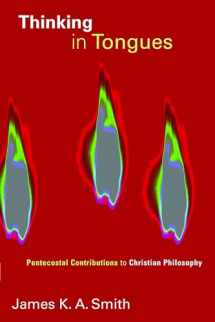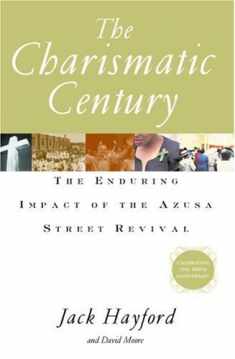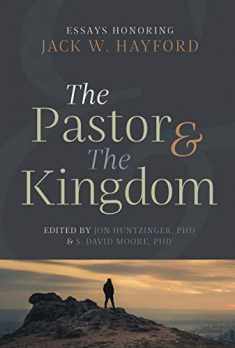
Thinking in Tongues: Pentecostal Contributions to Christian Philosopy (Pentecostal Manifestos)
Book details
Summary
Description
The past several decades have seen a renaissance in Christian philosophy, led by the work of Alvin Plantinga, Nicholas Wolterstorff, William Alston, Eleonore Stump, and others. In the spirit of Plantinga’s famous manifesto, “Advice to Christian Philosophers,” James K. A. Smith here offers not only advice to Pentecostal philosophers but also some Pentecostal advice to Christian philosophers.
In this inaugural Pentecostal Manifestos volume Smith begins from the conviction that implicit in Pentecostal and charismatic spirituality is a tacit worldview or “social imaginary.” Thinking in Tongues unpacks and articulates the key elements of this Pentecostal worldview and then explores their implications for philosophical reflection on ontology, epistemology, aesthetics, language, science, and philosophy of religion. In each case, Smith demonstrates how the implicit wisdom of Pentecostal spirituality makes unique contributions to current conversations in Christian philosophy.


We would LOVE it if you could help us and other readers by reviewing the book
Book review





